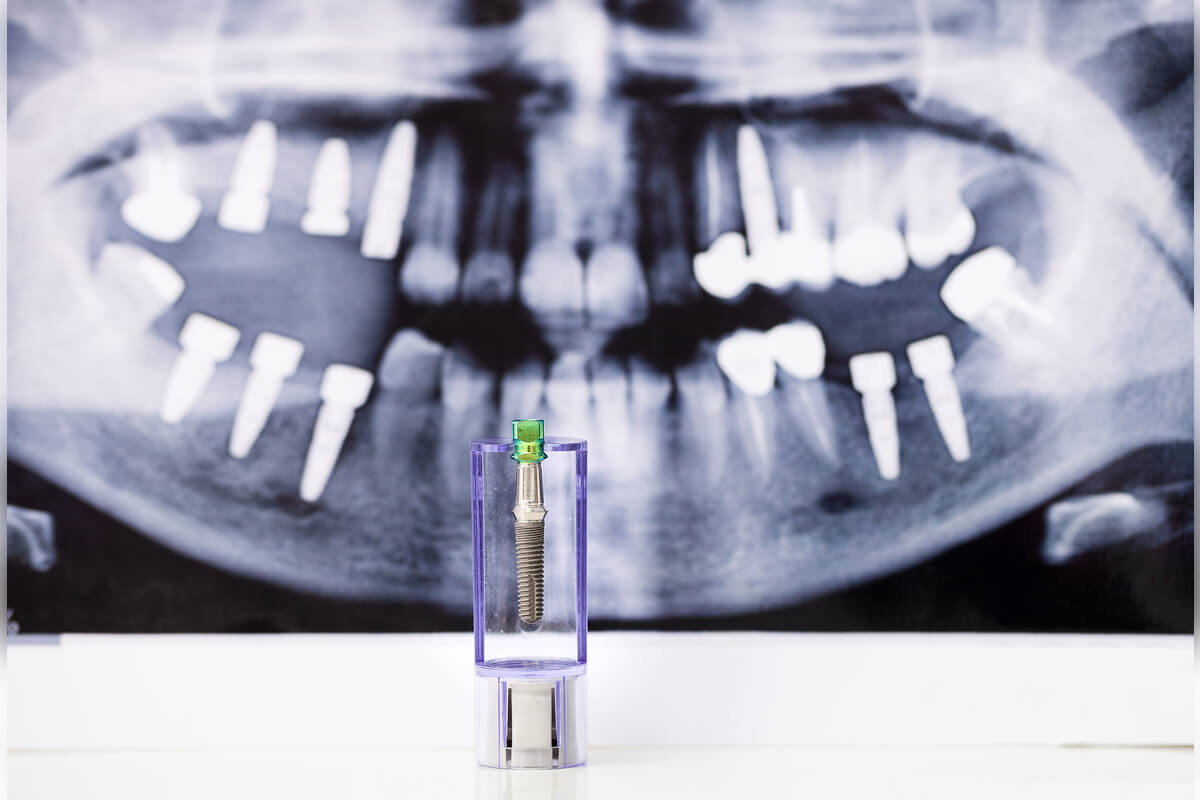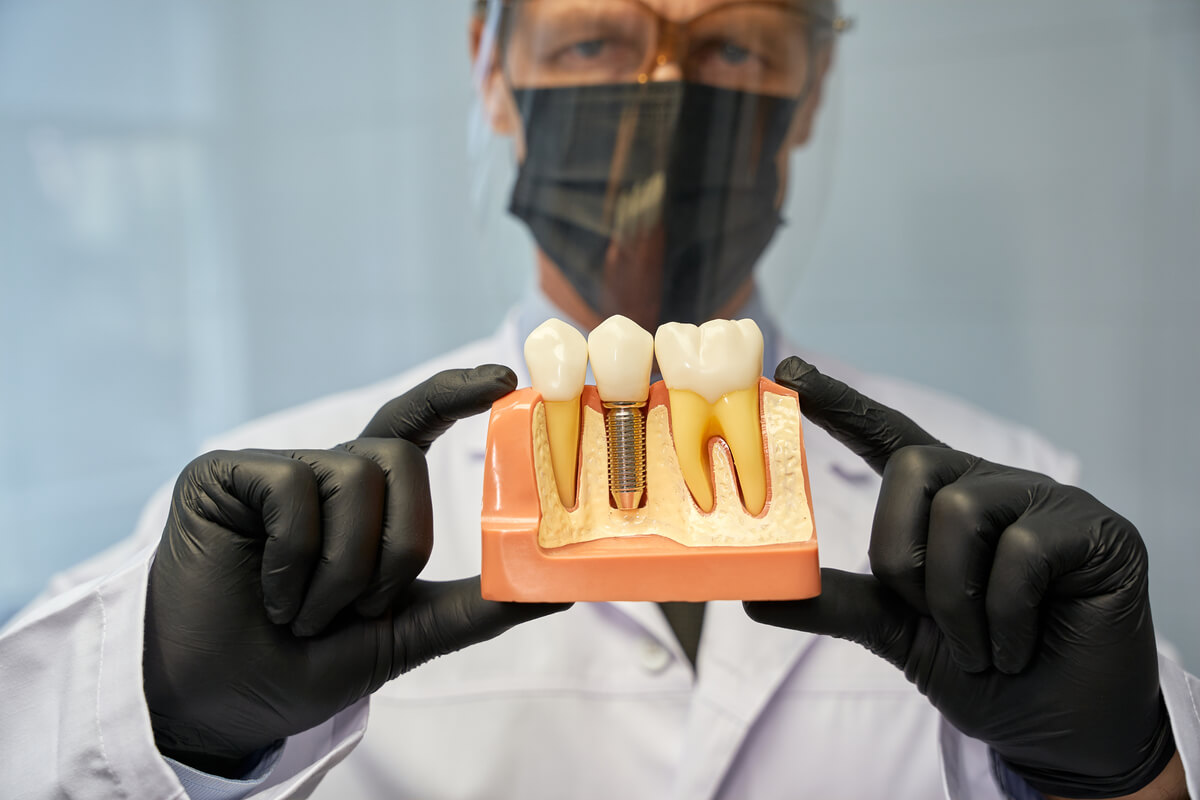Are You a Candidate for Dental Implants? 7 Factors to Consider
Dental implants have revolutionised the way we approach tooth replacement, offering a permanent solution that looks and feels just like natural teeth. But how do you know if you’re a suitable candidate for this life-changing procedure? Let’s explore the key factors that determine your eligibility for dental implants.
Understanding Dental Implants
Before we dive into the factors, it’s essential to understand what dental implants are. These are artificial tooth roots, typically made of titanium, that are surgically placed into your jawbone. They serve as a sturdy foundation for replacement teeth, providing a long-lasting and natural-looking solution for missing teeth.
7 Key Factors for Dental Implant Candidacy
1. Overall Health
Your general health plays a crucial role in determining your suitability for dental implants.
Good Health is Essential
Ideal candidates are in good overall health. Certain medical conditions, such as uncontrolled diabetes or cardiovascular disease, may affect your body’s ability to heal and integrate the implant successfully.
Immune System Function
A healthy immune system is vital for proper healing and to reduce the risk of infection after the implant procedure.
2. Bone Density and Quality
The success of dental implants heavily relies on the condition of your jawbone.
Sufficient Bone Volume
Your jawbone needs to have enough volume to securely hold the implant. If you’ve been missing teeth for a while, you might have experienced some bone loss.
Bone Grafting Options
Don’t worry if your bone density is low. Enhancing implant foundations through bone grafting procedures can help prepare your jaw for implants.

3. Gum Health
Healthy gums are crucial for the success of dental implants.
Free from Periodontal Disease
Active gum disease can compromise the success of your implants. Any existing gum issues should be treated before considering implants.
Good Oral Hygiene Habits
Maintaining excellent oral hygiene is essential both before and after getting implants to ensure their longevity.
4. Age Considerations
Age can be a factor in determining your suitability for dental implants.
Lower Age Limit
Implants are generally not recommended for children or teenagers whose jawbones are still growing.
No Upper Age Limit
There’s no upper age limit for dental implants. Many older adults successfully receive implants, provided they meet the other health criteria.
5. Lifestyle Factors
Your daily habits can significantly impact the success of dental implants.
Smoking
Lifestyle impacts on implant success are significant, particularly when it comes to smoking. Smoking can impair healing and increase the risk of implant failure. Quitting or reducing smoking is highly recommended.
Alcohol Consumption
Excessive alcohol intake can also affect healing and implant success. Moderation is key.
6. Commitment to Oral Care
Long-term success of dental implants relies heavily on your dedication to oral hygiene.
Daily Oral Hygiene Routine
You must be committed to maintaining excellent oral hygiene, including regular brushing, flossing, and dental check-ups.
Willingness to Follow Post-Treatment Instructions
Following your dentist’s aftercare instructions is crucial for proper healing and long-term implant success.
7. Patience and Realistic Expectations
Understanding the process and timeline of dental implant treatment is important.
Treatment Timeline
Dental implant treatment can take several months from start to finish. Patience is key as your body needs time to heal and integrate the implant.
Realistic Outcomes
While dental implants offer excellent results, it’s important to have realistic expectations about the outcome of your treatment.
Next Steps: Professional Assessment
While these factors provide a general guideline, the best way to determine if you’re a suitable candidate for dental implants is through a professional implant assessment. During this consultation, your dentist will:
- Evaluate your oral health
- Assess your bone density through X-rays or CT scans
- Discuss your medical history and lifestyle factors
- Provide personalised treatment planning based on your specific needs
Remember, even if you don’t meet all the criteria, options like bone grafting or alternative treatments may still make dental implants possible for you.

Conclusion
Dental implants offer a fantastic solution for missing teeth, providing a natural look and feel that can boost your confidence and improve your quality of life. By considering these seven factors and seeking expert implant advice, you’ll be well on your way to determining if dental implants are the right choice for you. Don’t let uncertainty hold you back – take the first step towards your new smile today by booking a consultation with a qualified implant specialist.
